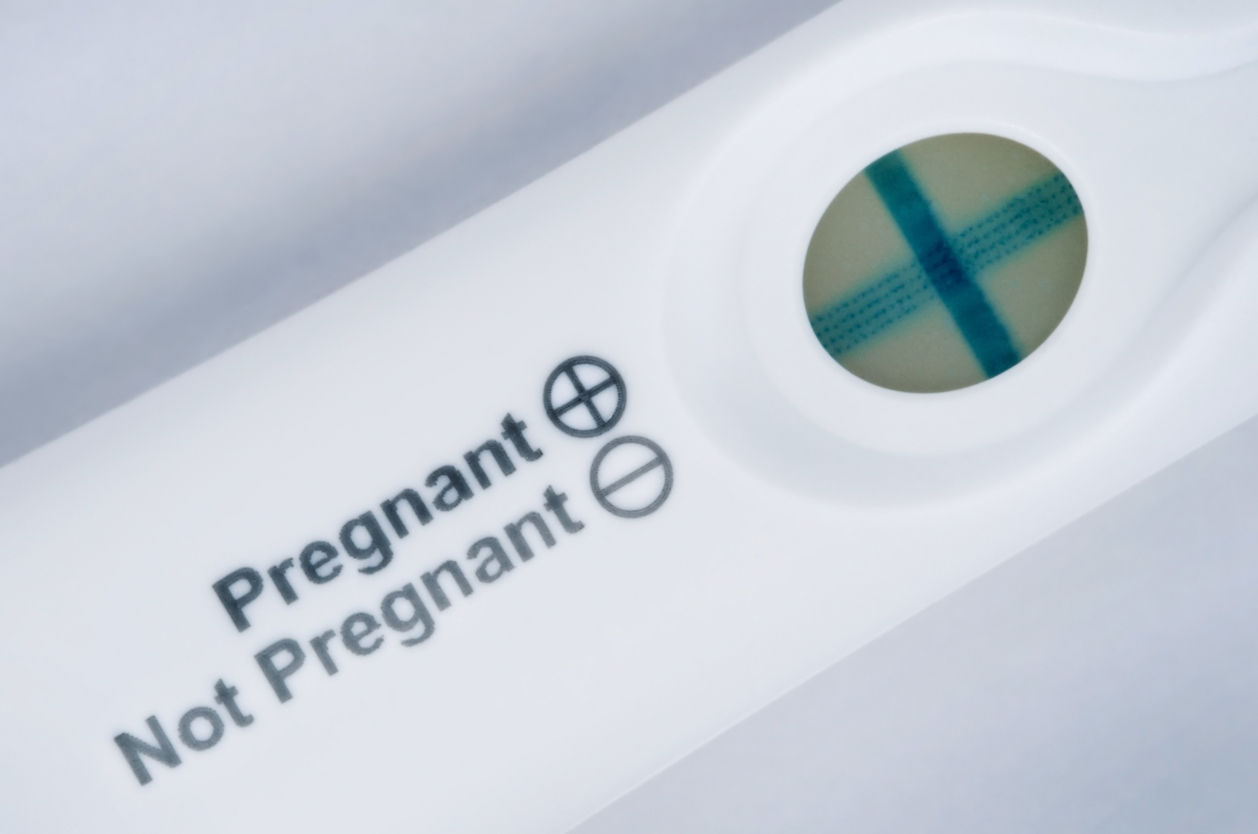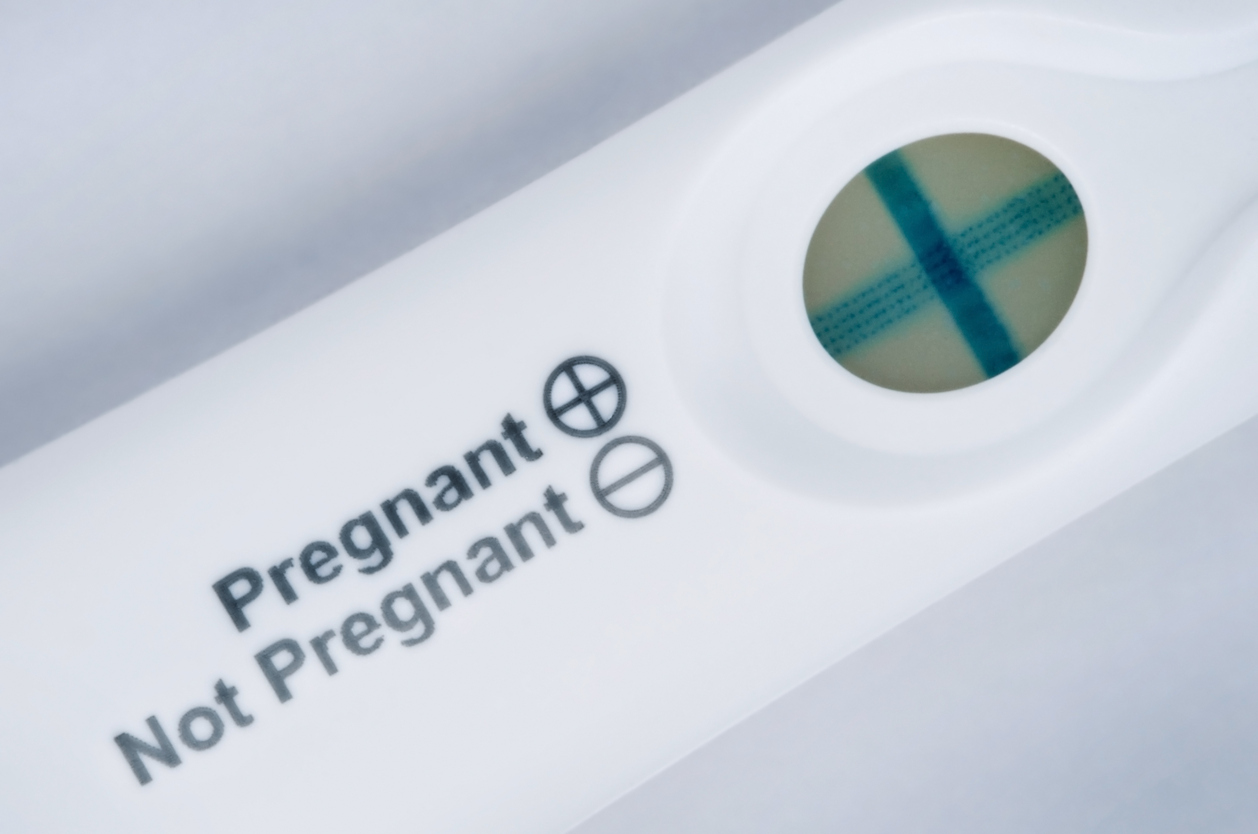State program drives down unwanted pregnancy rates in Colorado

Colorado’s teen pregnancy, birth and abortion rates continue to plummet under a Colorado state health department family planning program that has averted nearly $70 million in state and federal spending, according to the state health department.
Colorado’s Title X Family Planning Program has provided a range of family planning services for more than 40 years. In 2008, private grant funding allowed the program to train health care providers, support local clinics and provide long-acting reversible contraceptives to women at little or no cost. Long-acting reversible contraceptives such as intrauterine devices and hormonal implants are the most effective form of birth control.
From 2009 through 2016, the program provided 43,713 no- or low-cost IUDs or implants to women at 75 family planning clinics across Colorado. The program serves about 45,000 annually.
“This is a good example of a smart and compassionate government program,” said Dr. Larry Wolk, executive director and chief medical officer of the Colorado Department of Public Health and Environment. “Not only did this initiative improve the health and well-being of thousands of Colorado women, it helped Colorado avoid the social and economic costs of unintended pregnancy.”
During the same seven years Title X has been in place, the state birth rate fell 54 percent for women ages 15 to 19, and 30 percent for women ages 20 to 24. The state abortion rate declined 64 percent for women ages 15 to 19, and 41 percent for women ages 20 to 24. The number of teens giving birth for the second or third time dropped 63 percent during the same time period.
An independent analysis by University of Colorado researchers found that the state health department’s family planning program was responsible for as much as two-thirds of the drop in births from 2009 through 2015, averting up to $69.6 million in potential costs for state and federal programs that provide health care, food and other assistance to low-income women and their infants.
Research shows that unintended pregnancy has unintended consequences. Children born to mothers who did not intend to have children are more likely to experience abuse, poor health and educational challenges. Teen mothers are less likely to graduate from high school or earn as much as women who wait to have children.
“Our approach to family planning has empowered thousands of young women to stay in school, plan for college or pursue their careers while choosing for themselves if or when to start a family,” said Family Planning Program Manager Jody Camp. “This has been a life changing program for many women.”
For more, visit “Taking the Unintended out of Pregnancy: Colorado’s Success with Long Acting Reversible Contraceptives.”














